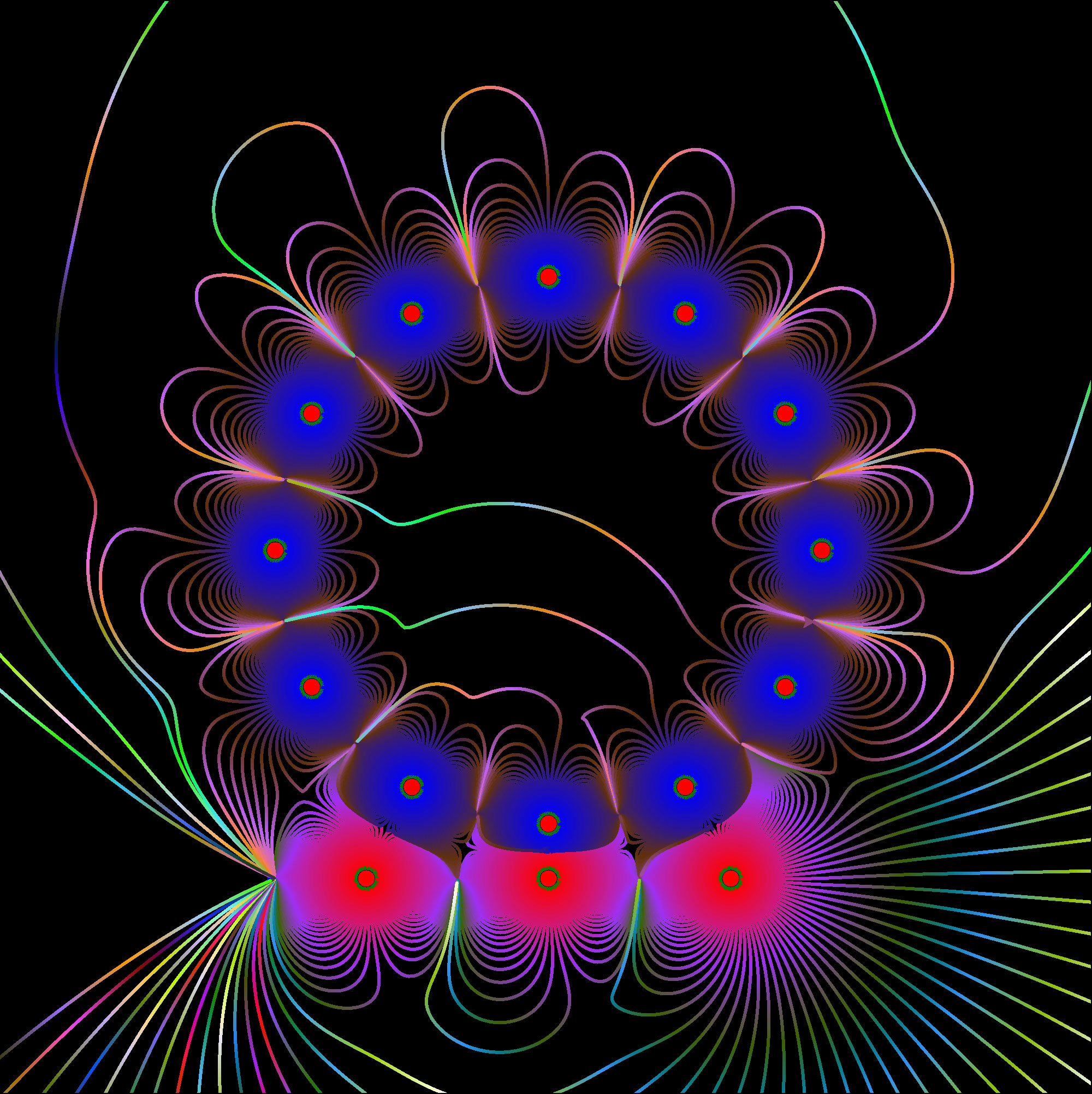Being
hmmm
Wikipedia tells us of being:
Anything that partakes in being is also called a "being", though often this use is limited to entities that have subjectivity (as in the expression "human being").
(@ http://en.wikipedia.org/wiki/Being)
But just what in the world 'partaking in being' means has been a problem ever since the words were first spoken.
It seems to imply that being is some sort of substance that some things can nibble.
My lack of knowledge of the underpinnings of the sound-bites I get from ancient greek philosophy through culture and discussants (you guys:-) is well known.
And so is my respect for them But it's now to the point that something that seemed obvious to them (ie partaking of being) no longer really makes much sense. (ahem - at least not to me :-) But let's look at a more recent concept of being where it distinguishes between things that exist and things that are beings. That distinction was implied in the wiki statement above, but kind of got hidden under millenia of debating questions like "How does being enable existence?" (To which there is no answer that is conclusive and satisfying - at least none found yet) But the new approach just doesn't talk about being in that sense and so a whole controversy is ducked. Instead attention is in a new direction - one hinted at by the idea of human being.
One of the ideas I've absorbed from Heidegger is that a 'being' has a 'way of being'. Like the ancients this distinguishes between things that exist and things that are beings. The difference is that beings don't partake of being (whatever that means) Instead, beings have ways of being.
(Stirring sound is heard as the crowd shifts in their seats wondering - this is clearer?)
Yes.
The crucial point is that the new way talks about how something acts rather than what it is.
Which might be put briefly as; Beings act.
Thomas Nagel famously asked, "What is it like to be a bat?" with the assumption that was a question that couldn't be answered. But seems Nagel was speaking from the ancient tradition of being as a substance we partake. We can't know what it's like to be a bat because we cannot partake of the substance of batness. But if being is seen as something we do then maybe we can get to know what it is like to be a bat.
In fact Kathleen Akin made a good stab 20 years ago showing what it is like to be a bat from the perspective of what is the bat doing and experiencing. It's called "What Is It Like To Be Boring and Myopic" (http://www.sfu.ca/~kathleea/docs/Boring&Myopic.pdf) in the interesting book "Dennett and his Critics" editted by Bo Dahlbom When a being is seen in this way, as something that acts, then the idea is detached from questions of existence.
But we can return to Nagel - maybe the fundamental meaning of 'to be' is 'to experience' and so a being is something that has a succession of such experiences and subsequent actions. So having said that I cast about for just what we need the word being for.
By the above way of thinking any animal can be considered a being so what is information is passed by saying that an animal is a being? Not much unless we remind ourselves that beings are defined by their ways of being. The very experiences that any being can have and the actions it can take are determined by the ways of being open to it. We are familiar with the many human ways of being, and of cat and dog ways of being, and can imagine our way into a bat's way of being.
Looking at the matter from the other end; at things that are manifestly not beings. Say bricks. Jethro Tull celebrated somebody who was thick as a brick and they weren't celebrating a sensitive being. We don't think of bricks, or by extension material reality in general, as having a way of being. But are we maybe being a bit parochial and limited in our perspective about this? Raising our perspective just a bit we might ask does a society/culture/country/city have a way of being?
So should we then think of societies as beings - which raises the question "What is it like to be Vancouver?" But when you ask what is it like to be something, you are saying that something has a series of experiences that have a particular significance to the something. That significance is a meta-experience - an experience of an experience. So maybe that's what being is; it's being able to have meta-experiences about experience.
What do you think
 I present regular philosophy discussions in a virtual reality called Second Life.
I set a topic and people come as avatars and sit around a virtual table to discuss it.
Each week I write a short essay to set the topic.
I show a selection of them here.
I present regular philosophy discussions in a virtual reality called Second Life.
I set a topic and people come as avatars and sit around a virtual table to discuss it.
Each week I write a short essay to set the topic.
I show a selection of them here.